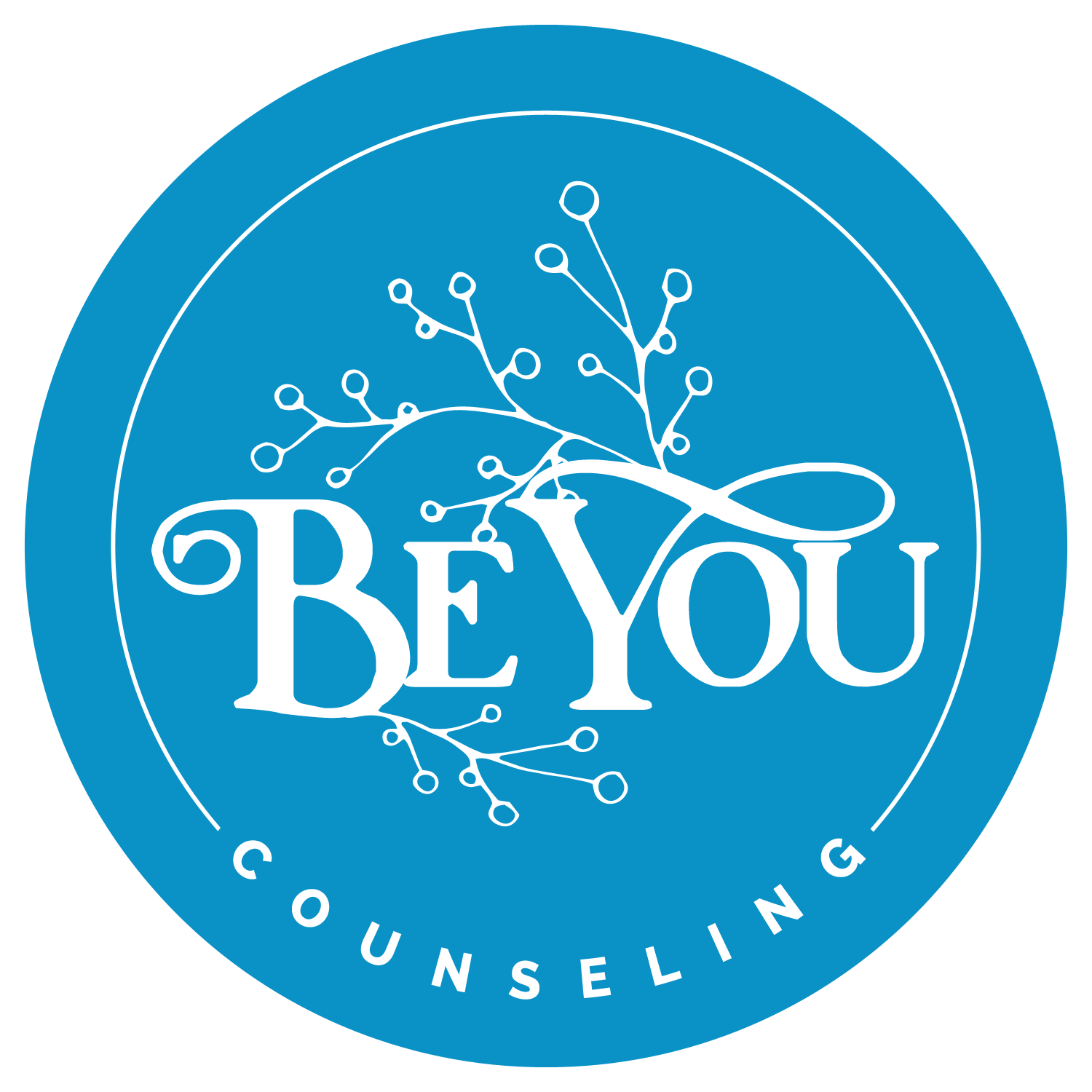Posted by Be You Counseling on May 12, 2020
We’re living in uncertain, uneasy, and stressful times. The effects of the coronavirus pandemic have spread across the globe, creating a new way of life for many people.
One of the major impacts this virus has caused is the need for social distancing.
That definition of the term may vary depending on who you talk to, but social distancing is simply the act of keeping away from others as much as possible. It includes avoiding large gatherings in groups and staying at least six feet apart from another person.
For some people under state orders, social distancing can feel a lot more like social isolation. Unfortunately, many studies have shown that isolation and loneliness can create issues for a person’s overall health and well-being.
So, what can you do to counter feelings of isolation during this time of social distancing?
1. Utilize Technology
Do you have a smartphone or a tablet? What about a computer? If there’s one good thing about this social distancing, it’s that we have the technology to remain connected, even if we can’t do it physically.
Instead of calling someone over the phone, opt for a Skype or FaceTime call. If you want to “get together” in a larger group, host a Zoom conference. Being able to actually see someone’s face as you’re interacting with them can make a big difference.
2. Spend Time Outside
Being outside can boost your mood, give you more energy, and reduce stress levels. It can also help you to feel like you’re not so alone.
Social distancing doesn’t prevent people from getting outside and enjoying what nature has to offer. You’re bound to see families walking, people exercising, walking dogs, etc. While it’s important to still stay safely away, just seeing others out and about will assure you that not everything is so different.
Getting outside can also help you to stay more physically active, which can help boost your mood and fight off feelings of loneliness.
3. Practice Self-Care
“Self-care” is a term that gets thrown around a lot. But now is the time to take your self-care to the next level. It’s easy to get caught up in the business of everyday life and ignore what you really need.
Take this time to care for yourself. Exercise, eat well, find ways to de-stress, and do things you enjoy. There’s no doubt you’ll feel some tension during these strange times. But by making yourself and your health a priority, you can develop healthy habits while isolated that can continue for years.
4. Don’t Focus On Bad News
It’s impossible to ignore what’s going on with the coronavirus. Every time you turn on the news, look on social media, or chat with a friend it’s the hot topic of the day. Unfortunately, there has been a lot of misinformation thrown around on social media, and even the news doesn’t always get it right.
So, limit the “bad news” you’re taking in. While that doesn’t mean you should ignore the reality of the situation, it’s okay to take a break from the news surrounding this virus. Or look for some happier, more uplifting stories to come out of it. It hasn’t all been doom and gloom!
5. Reach Out If You Need Help
Though sometimes, it can feel like the world has stopped moving, people are still out there! If the loneliness of social distancing has you feeling anxious or depressed, don’t be afraid to reach out for help from family members, friends, or even a counselor or therapist.
If you’re really struggling, feel free to contact me for help. Together, we can use techniques like mindfulness to help you focus on the moment, and not get so wrapped up in how overwhelming this “new” way of life can sometimes feel.
Please contact me to learn more or to schedule a free consultation. You can also visit my Depression Counseling Page to learn more.





